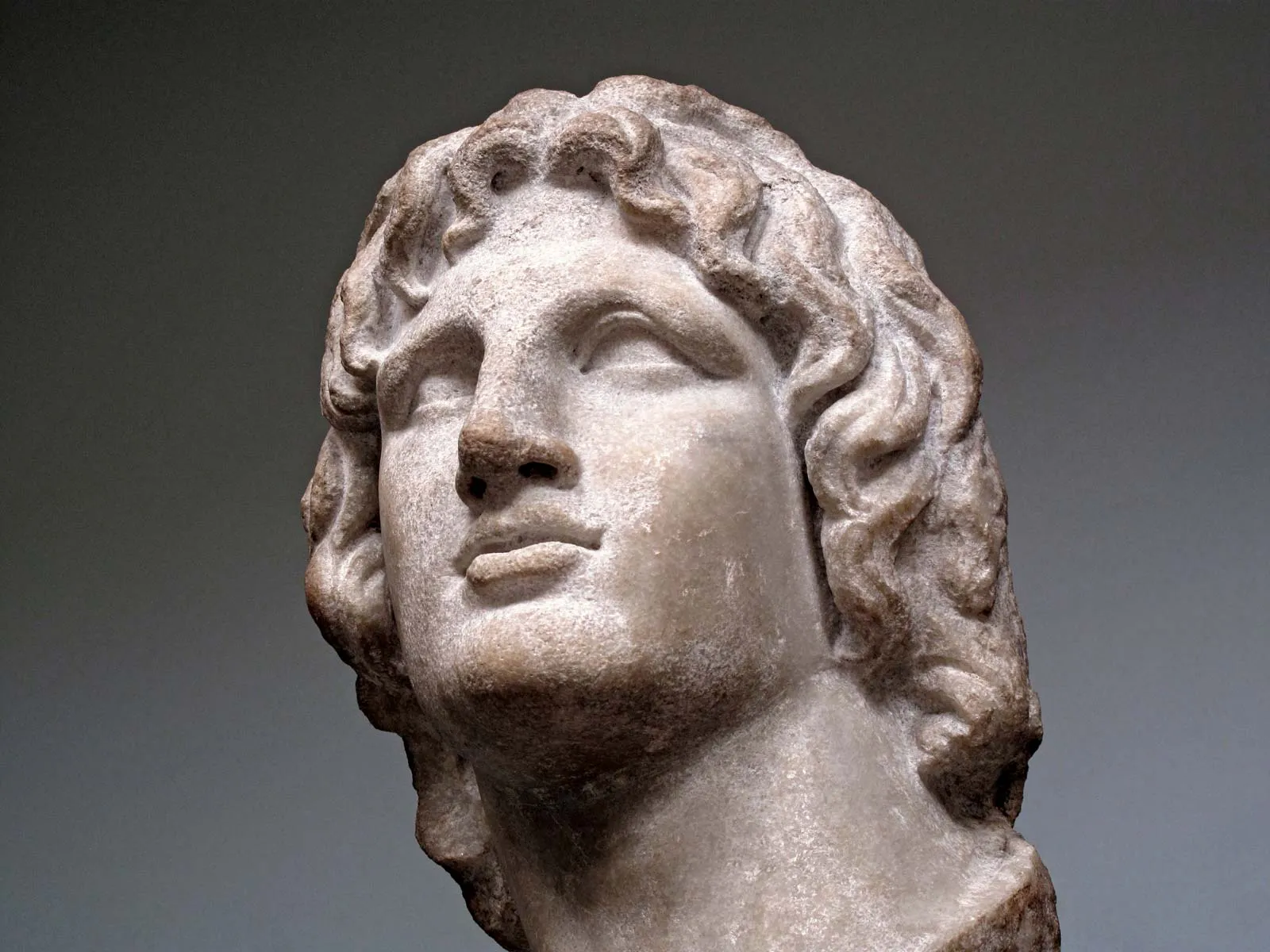Alexander the Great, also known as Alexander III of Macedon, was one of history’s most renowned military leaders and conquerors. Born in Pella, the ancient capital of Macedonia, in 356 BCE, Alexander was the son of King Philip II of Macedon and Queen Olympias.
Here’s a detailed biography of Alexander the Great:
- Early Life and Education: Alexander received a thorough education in Macedon, studying under the philosopher Aristotle. His education included military training, philosophy, literature, and politics, all of which would later shape his leadership style and strategic thinking.
- Accession to the Throne: After the assassination of his father, Philip II, in 336 BCE, Alexander ascended to the throne of Macedon at the age of 20. He quickly consolidated his power, securing his position by dealing decisively with rebellions and potential rivals within the kingdom.
- Military Campaigns: One of Alexander’s most remarkable achievements was his military conquests, which expanded the Macedonian Empire across three continents. He began his campaign by quelling rebellions in Greece and securing his northern borders before embarking on his famed invasion of the Persian Empire.
- Conquest of the Persian Empire: In 334 BCE, Alexander crossed the Hellespont (modern-day Dardanelles) with an army of around 40,000 soldiers, launching his invasion of the Persian Empire. He won a series of decisive battles against Persian forces, including the Battle of Issus in 333 BCE and the Battle of Gaugamela in 331 BCE, which culminated in the fall of the Persian Empire and the establishment of Macedonian hegemony over the region.
- Expansion into Asia: After defeating Persia, Alexander continued his conquests eastward, venturing into territories as far as Egypt, Central Asia, and the Indian subcontinent. His army encountered formidable opponents, such as the legendary Indian ruler Porus, whom Alexander defeated in the Battle of the Hydaspes in 326 BCE.
- Legacy of Hellenization: Throughout his conquests, Alexander spread Greek culture, language, and customs, a process known as Hellenization. He founded numerous cities, many of which bore his name (Alexandria), and encouraged the blending of Greek and local traditions, fostering the spread of Greek influence across the known world.
- Death and Succession: Alexander’s conquests came to an abrupt end when he fell ill and died in Babylon in 323 BCE, at the age of 32. The exact cause of his death remains a subject of debate among historians, with theories ranging from illness to assassination. Following his death, his vast empire fragmented, leading to the Wars of the Diadochi, as his generals vied for power and territory.
- Historical Legacy: Alexander’s legacy endured long after his death, with his conquests shaping the course of world history. He is remembered as one of antiquity’s greatest military commanders, renowned for his strategic brilliance, audacity, and ambition. His life and achievements have inspired countless generations and left an indelible mark on the civilizations of Europe, Asia, and Africa.
